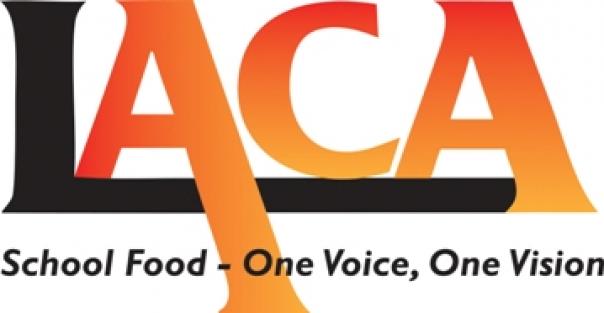LACA Statement Re. Government Proposals to Introduce Variable Pricing For School Meals

With new powers being proposed by Ministers in the forthcoming Education Bill that would give schools the freedom to introduce variable pricing for school meals, LACA (the Local Authority Caterers Association) which represents 80% of the caterers providing meals in state schools across Britain, gives its views on the aims of these proposals below. Variable pricing would allow schools to charge different prices for the same meal to different groups of children.
Lynda Mitchell, National Chairman of LACA says:
"The main aim of this proposal from the Government is, of course, to try and encourage more children and young people to opt for a school meal and that can only be seen as a positive move. It is important though that we keep our focus on the bigger picture. Whilst it is important to continually review how school meal uptake can be increased, the primary motive of these proposals should be the health and wellbeing of children and young people".
"In these hard economic times, affordable prices will, of course, be a persuasive factor for parents, particularly for those who do not qualify for free school meals and especially for those who have to cover the cost of feeding more than one child at school. Maintaining affordability has continued to be a key issue for all LACA's Members across the country, at a time when Local Authorities everywhere are having to consider where to make savings within their public services and many people are experiencing economic difficulties. However, feedback from LACA Members received earlier in the summer, indicated that many were only expecting to make nominal increases in September, equating to just 5p or less, on the previous term's prices".
"LACA welcomes any measure or initiative which encourages more children to try and then, hopefully, continue to enjoy a hot, nutritious daily school lunch. Variable pricing may help in the short term but no one solution alone can resolve the issue of encouraging more children and young people to take school meals on a consistent basis, perhaps, other than sustained low cost. This move should be seen as one measure within a range of educational and financially supported steps which allow parents to choose school meals as the preferred option for their children's long term health".
"This is a finance vs health investment dilemma. Reducing school meal prices overall would encourage improved school meal uptake. Higher numbers having school meals means that providers can employ greater economies of scale with purchasing and as a result, keep prices down. It is a Catch 22 situation but with more children eating better and living healthier lives, we are working towards reducing obesity and cutting the cost of this country's health care in the future".
